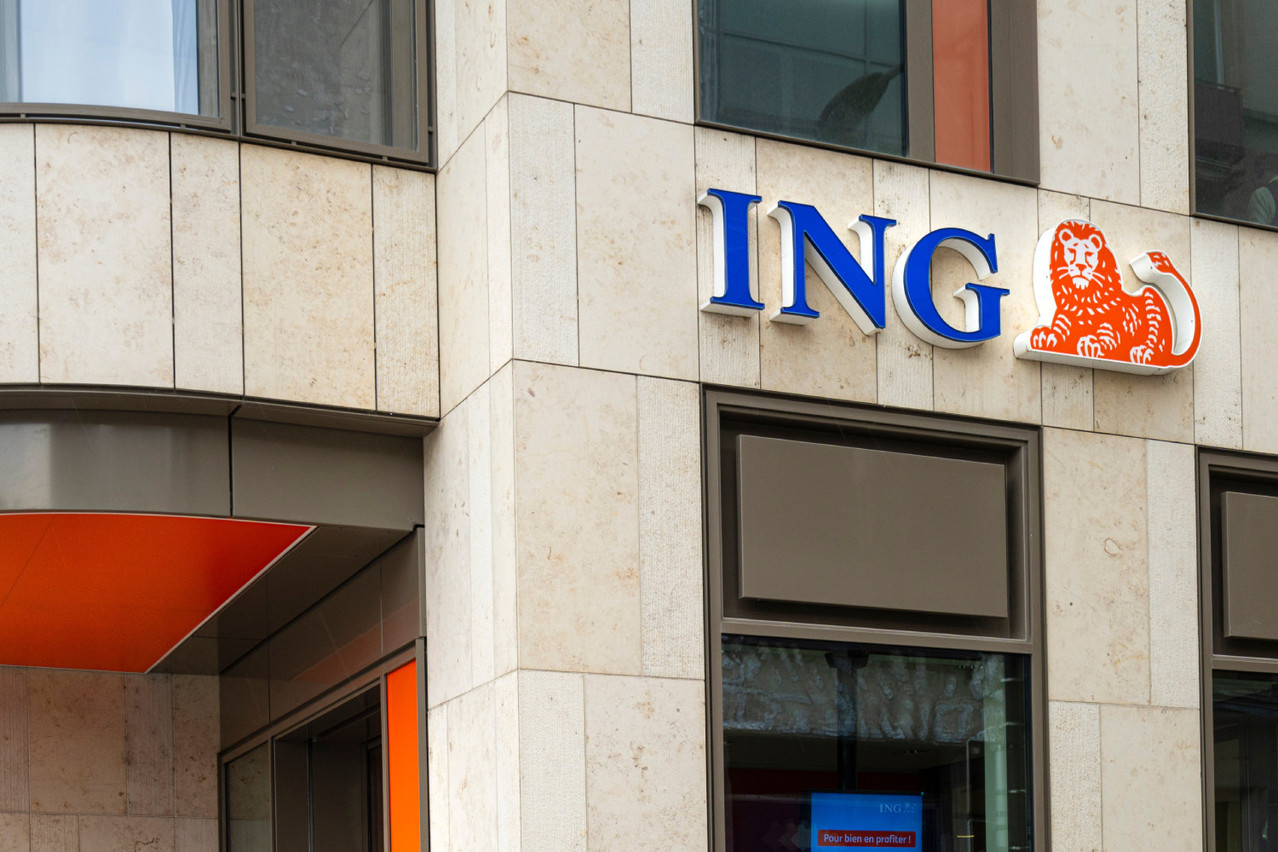Will ING face sanctions in Luxembourg and Europe for its ‘unannounced’ change of strategy? According to sources who attended a lengthy two-hour meeting of the finance committee in the Chamber of Deputies on Tuesday morning, it is not clear whether ING had informed the European Central Bank of , as required by European regulations.
If the ECB was not informed correctly, the European regulator has the power to impose sanctions. And if it was informed correctly, the information was not passed on to the Luxembourg regulator.
“As a major bank, ING is subject to prudential supervision by the ECB. Each bank has the right to determine its own commercial strategy, and can change it. However, the regulator must be informed in advance of any change in commercial strategy,” the Luxembourg Financial Sector Supervisory Commission (CSSF) stated earlier. “In the event of the closure of an activity such as retail banking, the bank must comply with regulatory provisions such as a minimum notice period and fair treatment allowing customers to open an account with another institution. The CSSF is monitoring this closely as the competent authority for the protection of customers and investors. Any shortcomings on the part of the bank will be analysed by the ECB and the CSSF respectively. Our first priority at the moment, however, is to protect customers and ensure that account transfers are carried out in an orderly manner.”
If the allegations of breaches of regulations are proven, this will have consequences at the level of the CSSF and the ECB!
“There is a real problem of governance at one of the world’s largest banks”, said the MP (CSV), who has been questioning the excesses of the banking world in Luxembourg for the past two years and was present at the finance committee meeting on Tuesday morning. “If the allegations of breaches of regulations are proven, this will have consequences at the level of the CSSF and the ECB!”
Read also
Before the change of strategy was officially announced, ING Group’s head of communications in Amsterdam had denied any change of strategy for retail customers at ING Luxembourg. When comment was requested again on Monday--along with requests to the CEO of ING Luxembourg, , and the bank’s communications department in the grand duchy--the rep did not respond to our messages, nor did the bank’s Luxembourg representatives.
Double the profit in 2023
Has the situation deteriorated to the point where such radical measures are necessary? Officially, ING Luxembourg’s accounts will not be published until early July, but they do exist and have already been approved by the auditors... since they are consolidated in ING Belgium’s annual report for 2023.
According to the limited Luxembourg data included in the Belgian report, out of a turnover of €608m in 2023, ING Luxembourg made a profit of €257.3m, more than twice the €119.57m posted in 2022. Like all the country’s banks, these results were boosted by the rise in interest rates.
Read also
Although the bank reduced its average workforce to 919 employees from 969 a year earlier, it was already forecasting back in 2022 that it would have to bear the cost of double indexation and inflation. In 2022, salary costs had already risen by €14m to more than €100m for the first time, driven by indexation, the KYC update in wholesale banking and the ongoing roadmap for digitalisation and growth in customer experience. That year, administrative costs also jumped by €43m to a total of €112m, of which €19m related to KYC and a further €10m was charged by the head office for its services, again to improve KYC and pursue change.
So much so that the bank had broken its policy of paying a dividend of around 50% of its annual profit to its shareholders by paying no dividend for 2022. The dividend figure for 2023 is not yet known. Between 2019 and 2022, shareholders recouped more than €176m, in line with the group’s policy of seeking and maintaining a Tier 2 rating from investors.
Read also
Close to the new finance minister, (CSV), or not, Mosar said in an interview that he will continue to closely monitor the progress of the change of bank for the 40,000 people concerned, an unverifiable figure provided by the financial sector trade union Aleba. “I was the only one who took an interest in these issues over the last two years and I sometimes had the impression that the banks weren’t taking me completely seriously”, he said, having already heard rumours of customers being rejected by a potential new bank because they didn’t have a sufficient minimum amount. That is difficult to verify, especially as are subject to an obligation to provide basic services to consumers and have taken full advantage of the situation to promote accelerated onboarding and open doors to ING customers.
“If a consumer is refused a payment account, they must be informed by the institution concerned of the procedure to follow to contest the refusal, of his right to refer the matter to the CSSF and of the relevant contact details. If an application to open a basic payment account is rejected, the institution concerned must immediately inform the applicant of the refusal and the precise reason for it. Consumers may also appeal to the CSSF, in particular if they believe that their payment account with basic services has been terminated unjustifiably by the institution concerned”, the finance minister said in reply to a parliamentary question.
Originally published in French by and translated for Delano

